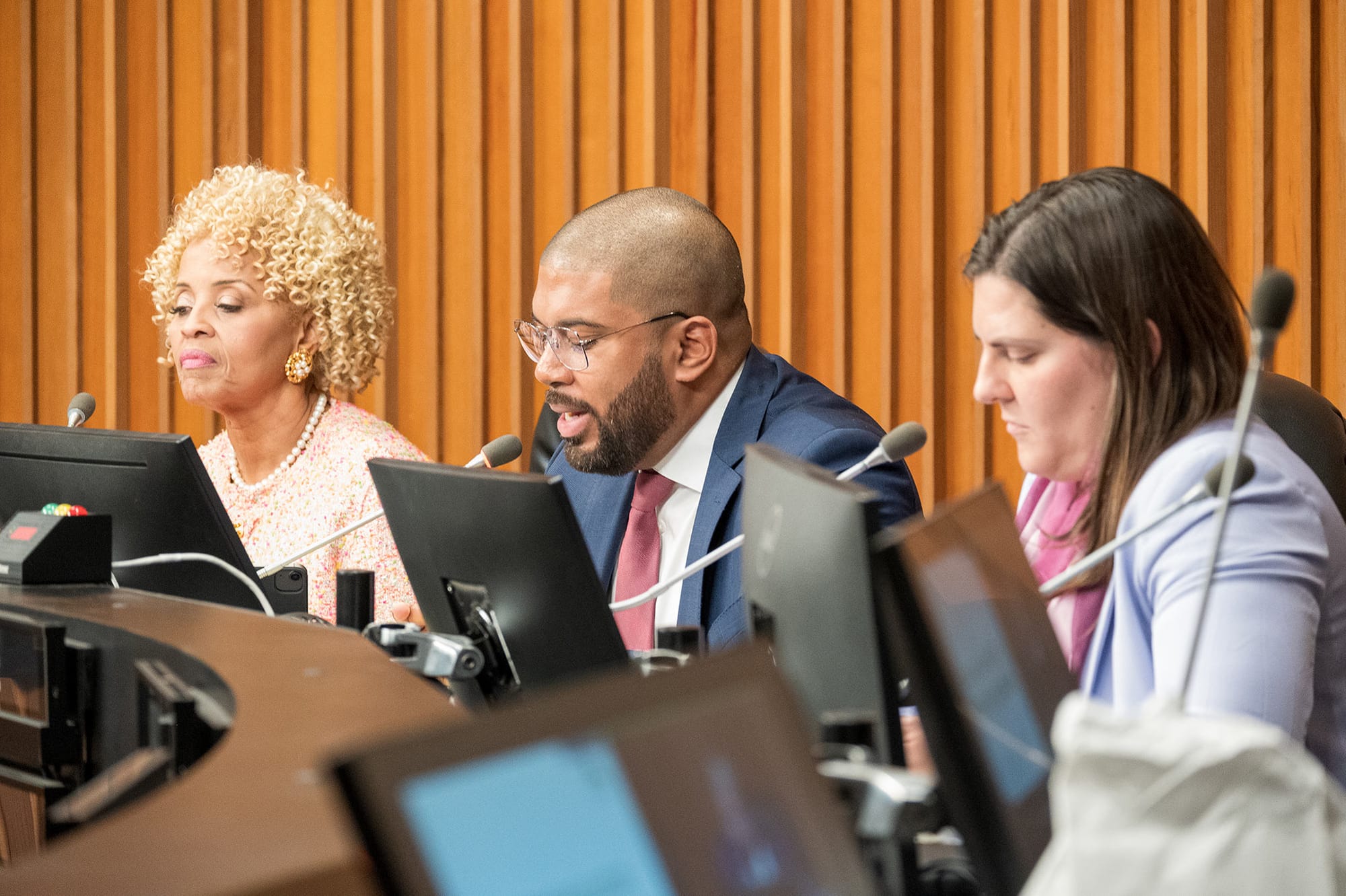VALLEJO – The city of Vallejo fought for access to juvenile criminal records relating to Willie McCoy, who Vallejo police shot 38 times in 2019, in order to defend itself against McCoy’s family in a civil rights lawsuit over his death, according to a new state appeals court decision.
The state Court of Appeal First Appellate District ruled last week that a juvenile court should review McCoy’s juvenile record and determine what may be relevant to the city’s defense. Vallejo appealed after the juvenile court ruled that Vallejo had no right to access the records, which are sealed under California law with certain narrow exceptions.
Six Vallejo police officers shot and killed McCoy after he was found unresponsive in his car in a Taco Bell drive-thru on Feb. 9, 2019. McCoy’s family sued the city later that year, arguing that the department should be placed under federal control due to alleged consistent violations of people’s Constitutional rights.
In 2021, a judge ruled that an allegation that the officers conspired to harm McCoy could remain in the lawsuit in part because of revelations that officers had bent the tips of their star-shaped badges to mark shootings, including following the shooting of McCoy.
In the course of gathering evidence in the lawsuit, the city found that McCoy had a juvenile criminal record because his high school education records indicate he had a probation officer.
The city petitioned the juvenile court to release McCoy’s records, arguing that the records “were relevant to defend against the loss of enjoyment of life claims, which require the fact finder to evaluate [McCoy’s] expected quality of life and enjoyment had he survived,” according to the appeals court decision, which was written by Judge Victor Rodriguez.
The city also argued that evidence of McCoy’s possible history of violence was relevant to determining whether the officers shot him in self-defense, according to the decision.
Neither the appeals court nor the city has reviewed the records, and it is unclear what crimes McCoy may have committed as a juvenile, whether they were violent or whether they are relevant to the city’s arguments.
The juvenile court denied the city’s petition on the grounds that such records are only available to certain people under the law, including the minor’s family, court personnel, and attorneys in criminal proceedings involving the minor.
However, the appellate court found that juvenile case files can be reviewed by anyone who shows good cause and obtains a court order. “If good cause is shown, the court must carefully balance the competing interests of the minor, other parties to the juvenile court proceedings, the petitioner, and the public,” the decision states.
Because the court did not review the files and determine their relevance to the city’s arguments, the appellate court ordered the juvenile court to determine whether the city has presented good cause to review the records and if so, to review them and determine whether relevant records exist.
According to the appeals court decision, McCoy’s family did not object to the release of records during the proceedings.
Melissa Nold, an attorney for McCoy’s family, told the Sun in a statement that she was "disappointed that the city continues to waste tax dollars and time trying to dredge up inadmissible and irrelevant juvenile records, instead of taking responsibility for killing a sleeping man for sport."
Editor's note: This story has been updated with a comment from attorney Melissa Nold.
Before you go...
It’s expensive to produce the kind of high-quality journalism we do at the Vallejo Sun. And we rely on reader support so we can keep publishing.
If you enjoy our regular beat reporting, in-depth investigations, and deep-dive podcast episodes, chip in so we can keep doing this work and bringing you the journalism you rely on.
Click here to become a sustaining member of our newsroom.
THE VALLEJO SUN NEWSLETTER
Investigative reporting, regular updates, events and more
- courts
- policing
- Vallejo
- Vallejo Police Department
- Willie McCoy
- California Court of Appeal
- Victor Rodriguez
- Melissa Nold

Scott Morris
Scott Morris is a journalist based in Oakland who covers policing, protest, civil rights and far-right extremism. His work has been published in ProPublica, the Appeal and Oaklandside.
follow me :




